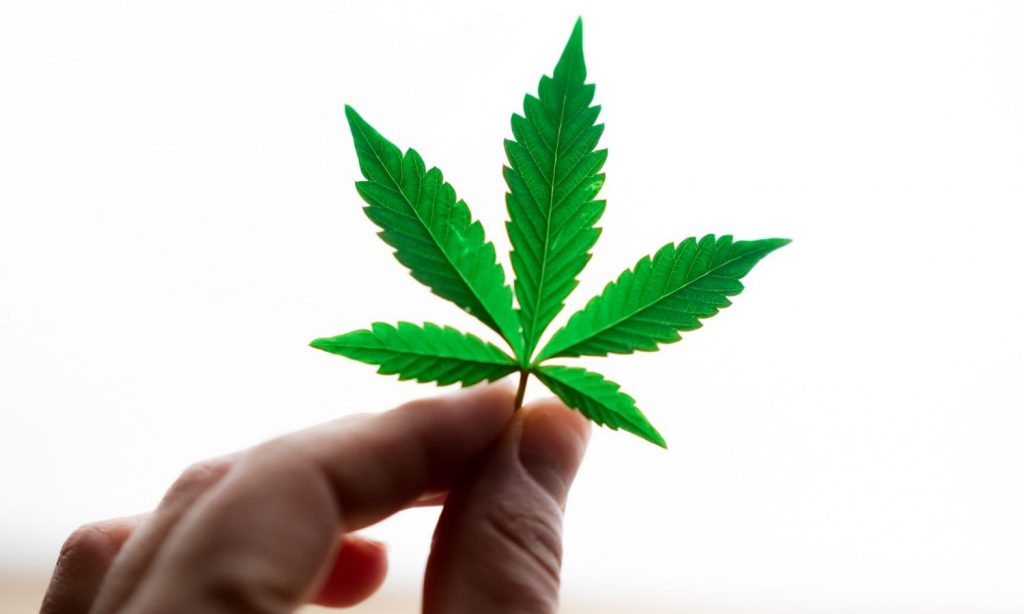
The latest study goes against the grain of previous research that shows how property values increase with the onset of legalization.
Marijuana legalization is happening across the United States. Naysayers have predicted that a veritable apocalyptic moment is coming on the heels of the movement, screaming about how ending marijuana prohibition would increase crime, minor consumption rates and contribute to the overall decline of civil society. Yet, the only thing that most of these people have proved is that they are no Nostradamus.
Marijuana legalization is working for the most part, and it hasn’t led to any drastic uprising in dread and downtrodden. However, if there has been a downfall to this progress, it’s that it seems to be lowering property values in neighborhoods that open dispensaries.
A recent study in the journal Regional Science and Urban Economics found that Washington state, one of the first jurisdictions to legalize for recreational use, has experienced a decline in property values in districts with cannabis dispensaries. Researchers found a 3-4% decrease in property values in homes that were .36 miles from retail pot shops. Although the study focused specifically on Washington state, it provides a glimpse into what might be expected nationwide as legalization spreads.

Photo by Kindel Media from Pexels
The potential for crime is the reason property values are taking a hit. Although the study authors didn’t find any evidence of increased criminal activity due to marijuana legalization, they discovered more crime in spots where pot was sold. “While we find no evidence of a general increase in crime in Seattle, WA, there is a significant increase in nuisance-related crimes in census tracts with marijuana dispensaries relative to other census tracts in Seattle,” they wrote.
The latest study goes against the grain of previous research that shows how property values increase with the onset of legalization. In 2017, the University of Wisconsin found that property values rose by around 8% (around $6k more) in parts of Denver, Colorado, within one mile of a pot dispensary.
“Our results indicate that retail conversion has a large positive impact on neighboring property values after controlling for property attributes and neighborhood characteristics,” researchers wrote.
Two years later, a study from Clever Real Estate also found that property values in legal states were worth in upwards of $6,000 more than in prohibition states. The conclusion was that legal weed was positive for landowners. “States that legalize recreational cannabis see an immediate bump in home values following legalization, even without retail dispensaries opening up,” the report reads.
So why would property values suddenly decrease in states where weed has been legal for years?
Presumably, it’s because property values only increased in those parts of the country following legalization due to the overall attraction of living in an area where marijuana could be bought like beer.
Photo by bymuratdeniz/Getty Images
There’s no denying that there has been a novelty to marijuana legalization that has prompted the stoner culture to move to states where their drug of choice doesn’t come with legal repercussions. But now, the novelty could be wearing off since legal weed is just a way of life in some states. The excitement of buying weed without the cops jumping out of the bushes and marching everyone to jail has faded, and cannabis businesses are viewed as normal, just like any other. Furthermore, citizens have likely decided that they don’t want to live too close to the marijuana scene.
Sometimes normal is enough to do damage to property values. A 2016 report from Realtor.com shows that all sorts of the typical neighborhood features can drag down the value of a home by several points. Hospitals, shooting ranges, power plants, funeral homes, cemeteries, homeless shelters, strip clubs, and bad schools were all credited for destroying property values. Most folks do not want to live next to cruel reminders of immorality, their own mortality, or the combination of the two.
Other studies have found that liquor stores, drug treatment centers, and even convenience stores also lower property value. These operations are often considered magnets for crime, which makes them less than appealing when someone looks to that area to buy a home.
There are a few things that communities with pot dispensaries can do to prevent property values from tanking. The main thing is working together to create an environment that benefits the entire neighborhood. Keeping lawns mowed, clean and nicely landscaped is a great start. It also doesn’t hurt to try working with local law enforcement to see what can be done to provide added security. Pushing the city for infrastructure repairs (fixing busted sidewalks and potholes) can also increase property values. Communities need to work together to ensure everyone’s best interests are looked after. Only then can they begin to balance out any negative connotations.